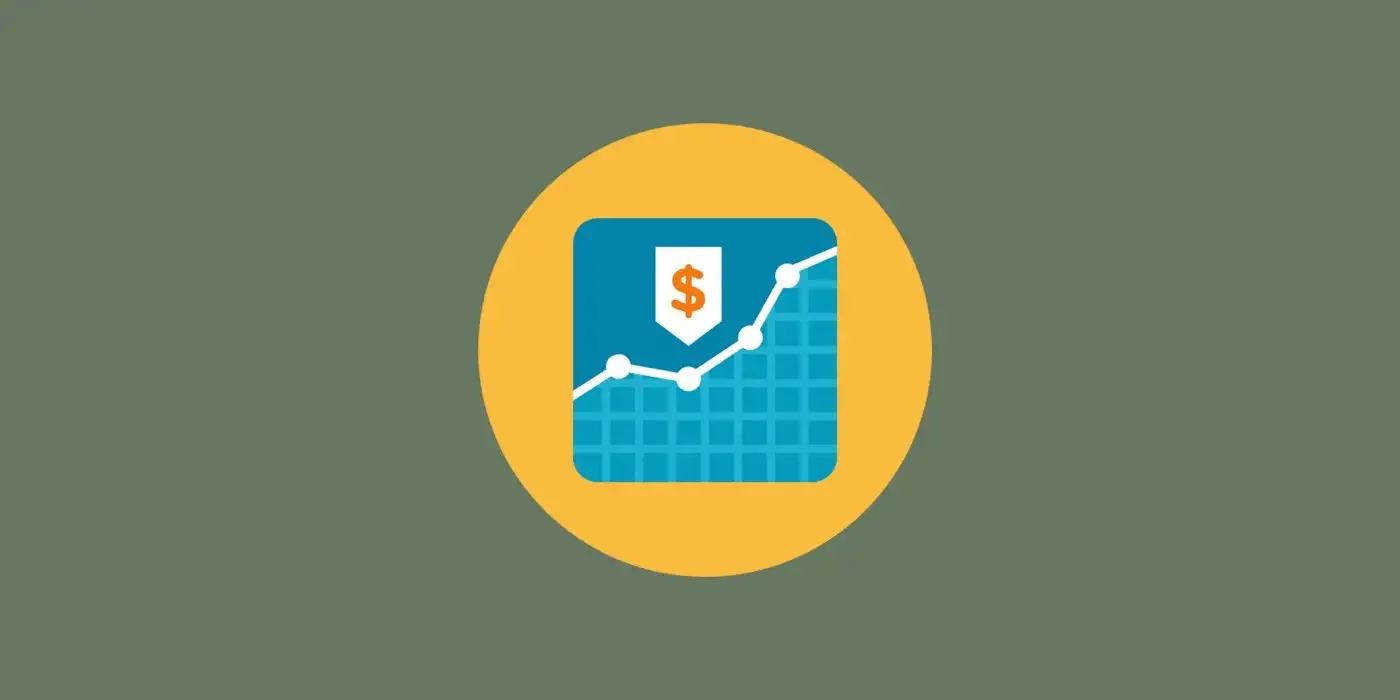
Imagine you’re a freelance writer charging $0.50/word. How hard do you think it would be to grow your rate to $1/word?
How many hours of practice? How many referrals? How many writing samples? How many years of hard work?
What if I told you that pricing is a function of positioning rather than a function of delivery? In other words, it’s a function of marketing skills rather than writing skills.
In yet other words, you can make the change right now.
The fundamentals
Before we get into it, some context.
You have to get the fundamentals right first. This is not a trick, a hack, or a shortcut. You can’t double your rate before you have clients, or before you can put together a solid piece of writing.
You don’t get to skip the hard parts.
But, many quality writers undercharge dramatically because they lack positioning. The offer they make to clients is weak. Their focus is on the wrong things. The aim of this article is to remedy that.
The mentality
The first thing you have to get right is your mentality.
Most freelance writers have either an artist mentality or a worker mentality. What you need is a dealmaker mentality.
Let me clarify how this translates to the quality of your offer to prospective clients.
- Artists optimize for creative output — this is you if you write your offers with a focus on how unique and talented you are.
- Workers optimize for client satisfaction — this is you if you write your offers with a focus on delivering on every point they listed in their project description.
- Dealmakers optimize for the bottom line.
The dealmaker’s offer
If you want to double your earnings as a freelance writer, you have to think carefully about how you structure your offer.
Every offer should leverage at least 2 of these 4 aspects:
- Scarcity
- Urgency
- Bonuses
- Guarantees
Scarcity
Scarcity is the foundation of pricing. It directly influences the balance of supply and demand. If you can lower supply and maintain demand, you can instantly grow your price.
Consider this basic example. Without scarcity:
Hey, I would like to write for you. I think I would do a great job.
With scarcity:
I have one slot open for a 1,000-word blog piece per week.
The second option signals three things: your services are in-demand, other clients are happy to pay your rate, and your offer might expire the moment someone else grabs that one open slot. It changes the tone of the conversation from “I need work” to “you need to hire me while I’m still available”.
Bonus points if the scarcity is real — but I don’t judge.
Urgency
How often do you buy something because there’s a discount expiring in X days?
That’s urgency. We can employ it as freelancers, but unlike every online store, we should:
- Make sure it’s not contrived.
- Avoid pairing it with discounts.
Urgency needn’t be based on arbitrary dates. Clothes resellers get away with that. If an individual freelancer claims “this price is only valid for two more days”, any client can reasonably respond with “why LOL” and there goes your marketing strategy.
Also, offering discounts is a bad idea in general. If you want to improve your value-to-price ratio, you’re better off not touching the price. Fiddle with the value instead. For example, “if we start work this month, you get a free SEO analysis”. We will talk about this more in the “Bonuses” section.
Always aim to create authentic urgency in your business. If you have enough offers, making clients race to hire you becomes completely ethical. Expected, even.
Bonuses
Remember those TV commercials where they try to sell you a kitchen utensil and then they go “but wait, there’s more!” and 2 minutes later you’re getting four different sets of knives for the same price?
Corny, right? Maybe, but it works. You know how I know it works? Air time is expensive. If the sellers found it profitable to buy minutes of additional air time for those commercials, those minutes were making money. Guaranteed.
The trick they use is: they anchor you to the original price of the kitchen utensil, and then they keep piling on bonus tidbits without changing the price. Eventually, you’re convinced you’ve got a great deal.
You can apply the same psychology to your freelance offers, and you can do it without being corny.
Without bonuses:
I can do your SEO research, write your blog post, and promote it through my network for $3,000.
With bonuses:
I can write your blog post for $3,000. Since this is our first time working together, I can offer my onboarding bonus: SEO research and landing page copy.
Same offer, different perspectives. As a bonus, it opens up the door to charging extra for SEO research and page copy in the future.
Guarantees
Which of the following offers do you think clients are more likely to accept?
- $500 to write a sales email sequence
- $1,000 to write a sales email sequence, 100% money-back guarantee if it doesn’t result in X clicks and Y conversions, which means you make $2,000
People pay to reduce risk all the time. The entire insurance industry is based on that. Or consider the safety features on your car that you were happy to pay for. Or that alarm system, for your mom’s house.
Your clients think the same way. Game theory studies this. In the first scenario, the client has two outcomes: they lose $500 and maybe gain an unknown amount. In the second scenario, the client can spend $1,000 to earn $2,000 or get their refund and end up in the green anyway, although for a smaller amount. This is a guaranteed win for them.
Taking the risk out of the equation also aligns your interests with those of the client. You are no longer making the same money regardless of the outcome. You get an extra $500 to bet (double or nothing) on yourself. It’s exciting and unforgiving, but if you can deliver the goods, it’s very profitable.
Bonus: even if you miss your targets by a small margin, most clients won’t ask for their money back as long as you put in a quality effort.
Doubling your rates
If you have trouble selling your services at higher rates, don’t immediately assume it’s a problem with the rates. More often than not, it’s a problem with your offer. Everything listed in this article is a skill that needs to be honed and practiced in the real world.
Before you think about reducing your rates, try improving your offer. Add more value. Throw in more bonuses. See what sorts of guarantees work best in your industry, then double down on those.
And, most importantly, always deliver the goods.
Don't miss the next blog post!
I publish a new blog post every Wednesday. Join the newsletter to get:
- One valuable email a week.
- Zero spam.
- Exclusive content not found in the blog.
- Reply directly to me with questions or feedback.
Use the form at the bottom of this pageon the right to join the newsletter.


